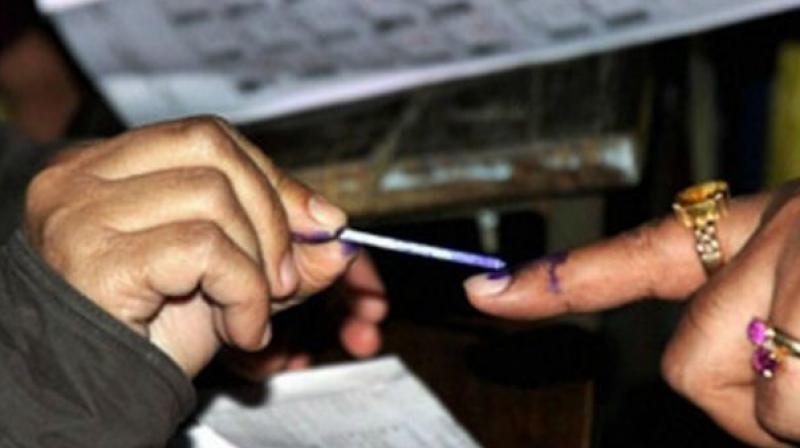People on shopping spree after polls

Khammam: The sale of electronic and domestic appliances has gone up in the district after the end of the elections, thanks to the money that was allegedly paid to voters by political parties. Some people are even buying jewellery. The more popular items are television sets, refrigerators, cellphones, water heaters and water purifiers.
Ms K, Neeraja, who stays in her maternal home with her children, said, “I got Rs 20,000 from two parties for five voters. My father decided to buy a television set.”
Kaman Bazaar, where most of the popular domestic appliances shops are located, witnessed a rush on Saturday. Cloth shops were also busy with scores of customers.
Mr A. Naresh, who runs a shop selling domestic appliances, said, “We usually have good business after the elections. We saw this kind of business after the Khammam Municipal Corporation elections 20 months back.” He guesstimated that about Rs 300 crore were spent by candidates on the elections in the 10 Assembly seats in Bhadradri and Khammam districts.
In Khammam, the candidates reportedly spent '70 crore on the elections, which included the campaign cost and the money distributed to voters. Many voters were given Rs 2,000 each and a party candidate distributed money to 1.5 lakh voters. In some places, independents too competed with the main parties.
At Wyra, Mr N. Sunder, a political analyst, said, “Many voters considered the elections as a festival that comes once in five years. The argument of the voters is that the money spent by candidates came from fraudulent methods and was not hard earned money. The elections forced the candidates to spend the money earned by unethical means.”
The illegal expenditure on elections even in scheduled tribe constituencies such as Yellandu, Bhadrachalam and Pinapaka touched '20 crore. Madhira, which recorded the highest voting percentage in the state, was stated another constituency where money flowed like water.
Most voters were not trying to save the money coming from the candidates. Mr C. Prasad, a teacher in a private school, said that many of the voters felt that the money was extra income which they could use to purchase things they wanted.

